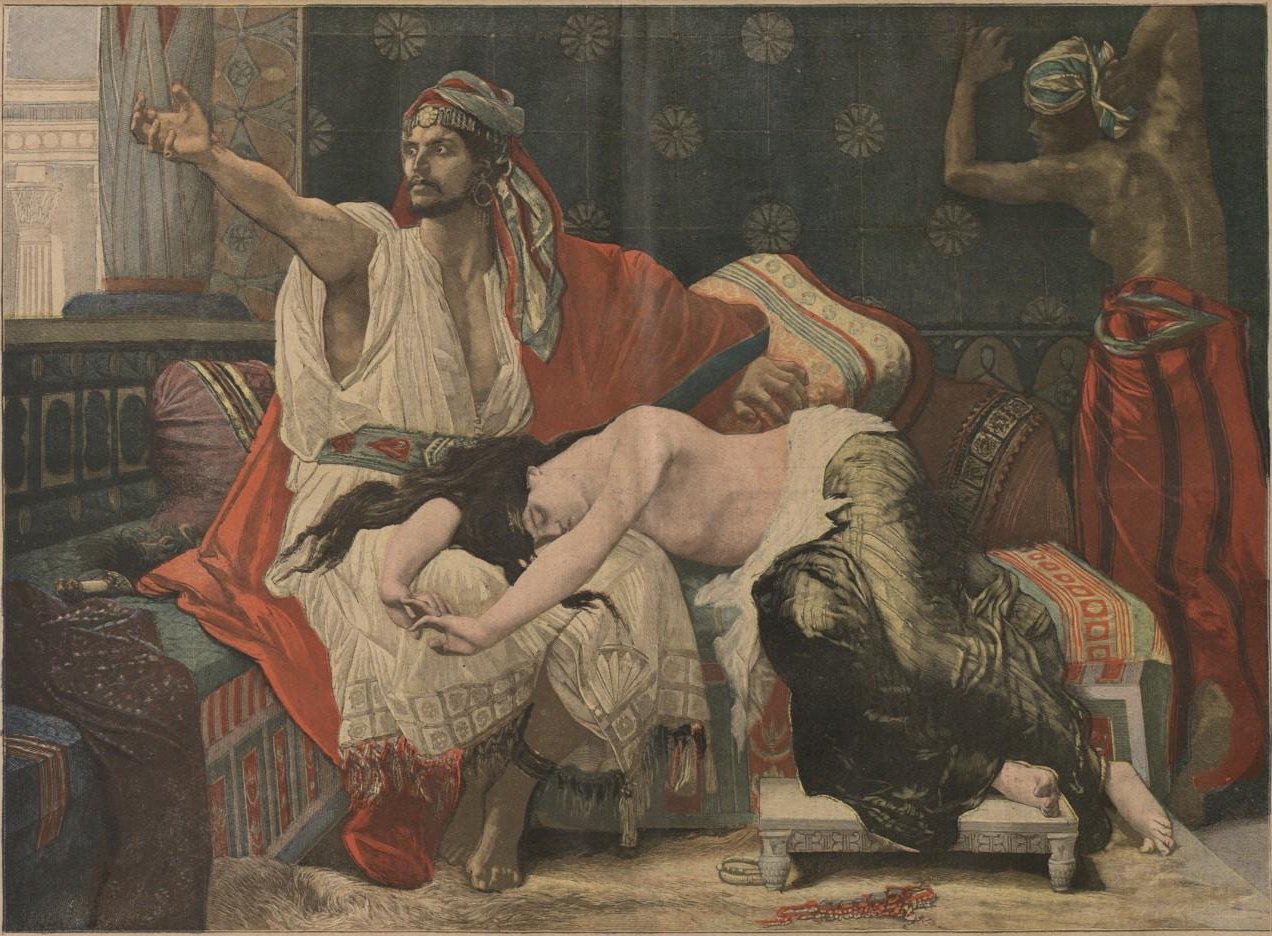08 January 2016
Tamar: Unashamed
"There were born to Absalom three sons, and one daughter whose name was Tamar; she was a beautiful woman." (2. Samuel 14:27)
Ashamed
of my name:
Tamar.
Tamar,
my namesake:
a girl who was shamed.
A fallen woman,
violated, disgraced;
raped by her own brother,
then shunned, hidden away.
A story "not for children's ears",
hushed up, censored,
ignored or forgotten.
Tamar,
a heavy name to bear.
Why
name me after
Tamar?
Tamar,
my namesake:
a girl loved by you.
A human being
with a life and dignity;
no less precious, no less pure
after all that she endured.
And I am named
to honour her,
this innocent so wrongly blamed,
a pure woman,
wrongly shamed.
Tamar,
a name I am honoured to wear.
Proud
of my name:
Tamar.
______________________________________________________
[8. January 2016]
There are (at least) 3 women called Tamar in the Bible. One is Judah's daughter-in-law, the other David's daughter who was raped by her brother, the third (the one this poem is about) the daughter of Absalom, who was the second Tamar's brother and most likely named his daughter after his sister. So as you may have noticed, this poem refers to her story too (2. Samuel 13:1-22).
What do your namesakes mean to you? My father is interested in the Napoleonic wars, so pretty early on he told me all about my namesake who was Napoleon's first girlfriend and became queen of Sweden. There's a novel and a movie about her, which I of course delved into. And simply because of the shared name, I felt somehow connected to her.
I've met a few girls who are named after women who don't appear in children's Bibles (because their stories include violence, sex or sexual violence). I had a Tamar in my class when I first heard the Tamar story. I know a few girls called Jael. What do you do with an uncomfortable namesake?
Writing this I was partly thinking about namesakes, but also thinking about the response to rape. Even today, victims of rape are often shamed, blamed or ignored. David's daughter Tamar, after being raped by her half-brother, disappears into seclusion - we don't hear about her anymore. She was "damaged goods" because she had lost her virginity - while no one really bat an eye about Amnon who had raped her (except Absalom, who killed him after David failed to react). So I wanted to move here from shame in the first part, to honouring her in the second part. Because putting shame on the victim is the wrong response. Rape victims are most of the time innocent and need support, not blame. They need to be appreciated and valued, not judged.
So I think it is right and good to be named after someone who suffered, who was judged, who was looked down upon - because the naming shows love, and honours the namesake. Absalom wanted to remember and honour his sister, and express his love for her - so he named his daughter Tamar. After what had happened, his sister was still just as precious to him as before.
I was influenced a bit by Tess of the d'Urbervilles while writing this. The sub-title for Tess of the d'Urbervilles is "A Pure Woman" (and as you might notice, in the second-to-last stanza "pure woman" comes up a few times - that was on purpose). Tess is an example of a girl who suffered under the reactions of the world around her after she was raped. She was judged because of her lost virginity - but in truth she was pure, purer than those who judged her. Excellent book, you should read it. ^^
Picture by Alexandre Cabanel.
Subscribe to:
Post Comments (Atom)

No comments:
Post a Comment